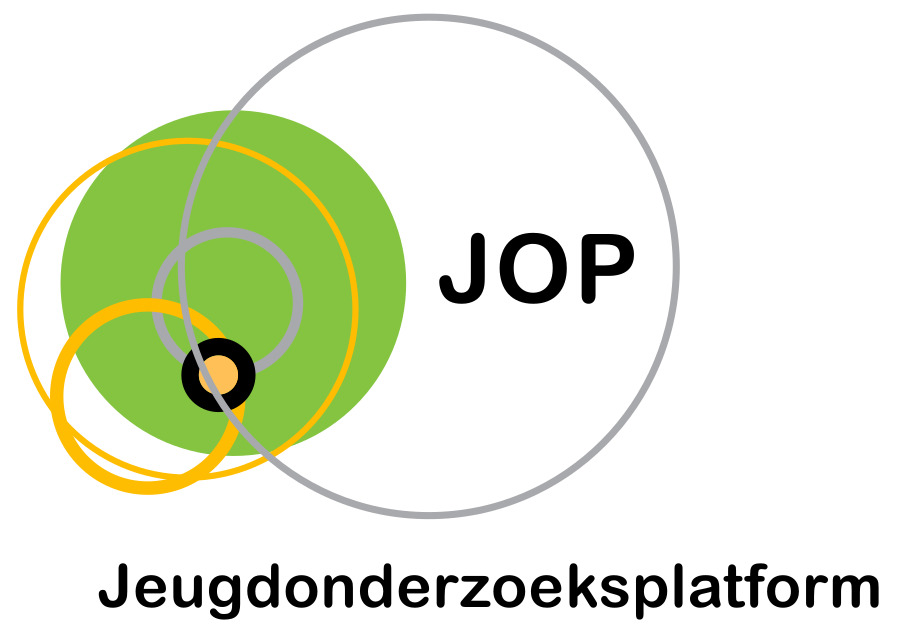Sexting as sexual stigma: The paradox of sexual self-representation in digital youth cultures.
Auteurs
Ridder, S. D. (2018).

Abstract
Vertrekkend van focusgroep onderzoek (N=39) met jonge mensen tussen 14 en 18 jaar in Vlaanderen, bekijkt dit artikel sexting in de context van vroeg sociaal-constructionistisch werk rond (seksueel) stigma. Rekening houdend met de context van sociale media, die gebruikt worden door jonge mensen om zichzelf seksueel uit te drukken, onderzoekt deze bijdrage waarom seksuele zelfrepresentatie in digitale media en jongerenculturen omringd wordt door stigma. De resultaten tonen aan hoe het discours van jonge mensen een consequente ideologie creëert, waarin ze sexting definiëren als een schending van de norm van ‘goed’ onlinegedrag, terwijl ze stigmatiserende reacties op sexting normaliseren (bv. beschaming en pesten). Percepties van sociale media affordances, maatschappelijke reacties en omringende culturele waarden ten opzichte van sexting blijken cruciale bronnen van kennis te zijn, die gebruikt worden om sexting te begrijpen als stigma.
Drawing on focus group research (N = 39) with young people between 15 and 18 years old in Dutchspeaking Belgium, this article looks at sexting in the context of early social constructionist work on (sexual) stigma. Considering the context of digital media, which are used by young people to express themselves sexually, this contribution explores why stigma surrounds sexual self-representation in digital media and youth cultures. The findings illustrate how young people’s discourse creates a consistent ideology, defining sexting as a violation of the norm of ‘good’ online conduct, while normalizing stigmatizing responses to sexting (e.g. shaming and bullying). Perceptions of social media affordances, societal responses and surrounding cultural values to sexting were found to be crucial sources of knowledge used to make sense of sexting as stigma.
Referentie
Ridder, S. D. (2018). Sexting as sexual stigma: The paradox of sexual selfrepresentation in digital youth cultures. European Journal of Cultural Studies.
Taal
Engels
Publicatievorm
Tijdschriftartikel
ISBN – DOI
10.1177/1367549418810080
Trefwoord(en)
Digitale mediacultuur, focusgroepen, sexting, stigma, jeugd
